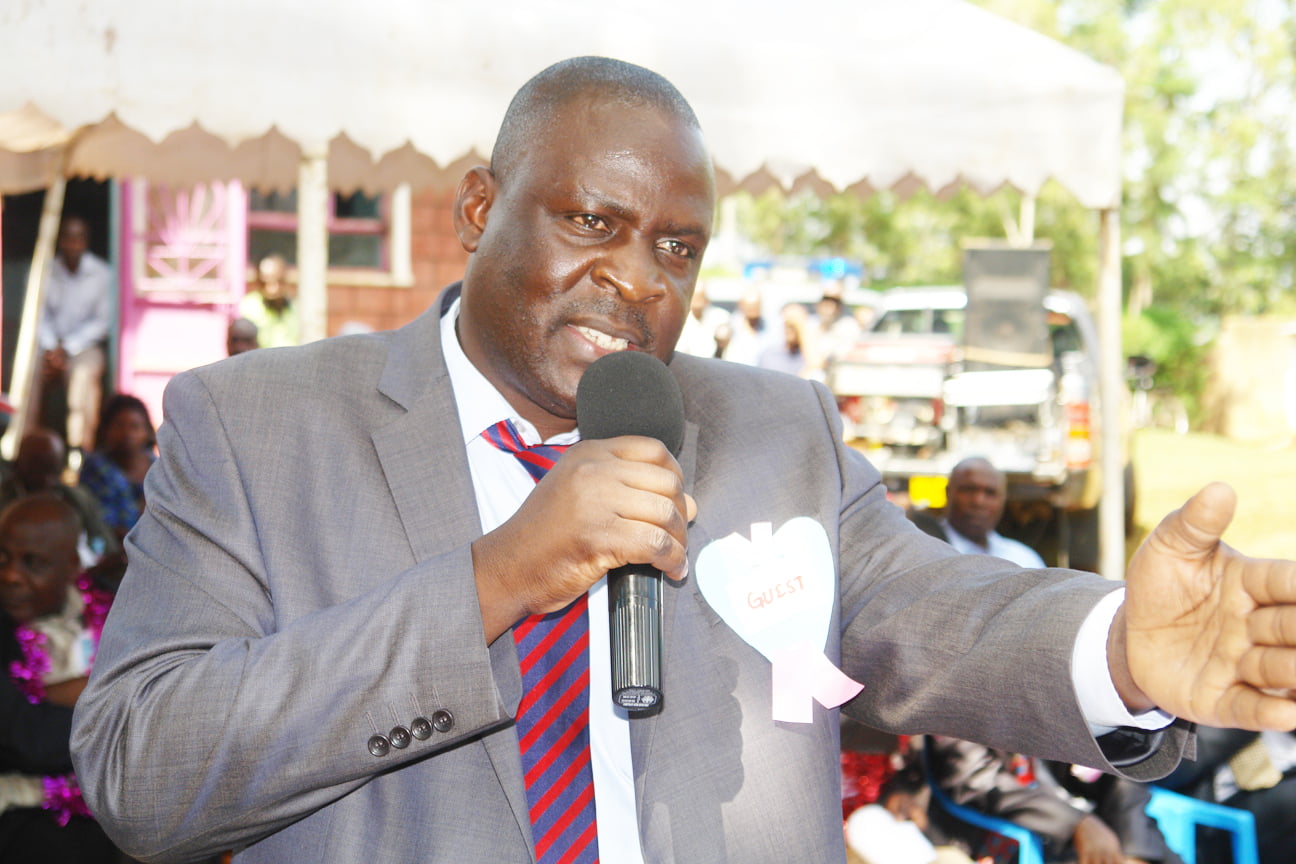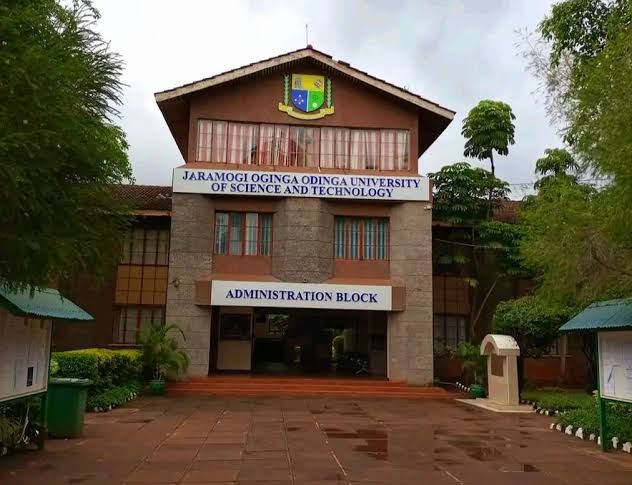The Kenya Union of Post-Primary Education Teachers (KUPPET) Kisumu branch is now urging the government to initiate meaningful dialogue aimed at improving teachers’ allowances.
Led by the Kenya Union of Post-Primary Education Area Executive Secretary Zablon Awange, the tutors said their allowances should now be increased by 100 per cent.
Speaking in Kisumu, Awange stated that allowances such as commuter, risk, and travel allowances have remained stagnant for many years.
Awange said the government should work on the stalled collective bargaining agreement, which was never effected due to the effects of Covid-19, which ravaged various sectors of the economy.
The official stated that some individuals are attempting to exploit the absence of a substantive chief executive officer at the Teachers Service Commission (TSC) to delay addressing pending issues.
“There cannot be a power vacuum in such a position since someone is acting there,” he noted.
The unionist said they will have no other option but to resort to industrial action if no action is taken.
Awange slammed their employer for deregulating regions that had been considered hardship zones.
He pointed out that the move was likely to hurt teachers, who he noted have overcommitted their pay.
Awange singled out Muhoroni, which he lamented was on the verge of being degazetted as a hardship zone.
“Muhoroni and Nyando have for many years been on the list of hardship zones, and they must remain so,” he said.
Awange said that teachers who work in laboratories should be paid enhanced risk allowances, just like those in other sectors, such as the medical profession.
He said many of them are exposed to dangerous chemicals, hence the need to compensate them.
Awange said that other allowances, such as housing and commuting, have also stagnated at the same rate despite the country’s runaway inflation.
Elsewhere, MPs earlier summoned the Teachers Service Commission (TSC) to explain why teachers in Mwala and Kalama sub-counties, in Machakos County, are not among those enjoying hardship allowances.
The summons, issued by the Public Petitions Committee, followed a petition by the KUPPET, which sought to determine why the two sub-counties are not included in the list of hardship areas.
The petition, presented by Mwala MP Vincent Musyoka, followed an uproar as teachers complained that some areas they believed should be considered hardship areas had been omitted, causing the educators considerable distress.
READ ALSO:
Kericho County confirms 1,226 ECDE teachers, in a bid to overhaul its education sector
During the session, the lawmakers agreed to invite TSC to shed more light on the matter, following a petition that seeks clarification on why Mwala and Kalama sub-counties are excluded from the list of hardship areas, despite facing similar challenges to neighbouring zones that qualify.
The committee chairperson and Kitui West MP Edith Nyenze resolved that officials from the TSC and the Salaries and Remuneration Commission should be invited to explain the criteria used to determine which areas are considered hardship areas and which ones are not.
“As a Committee, we will meet TSC leadership and even the Salaries and Remuneration Commission (SRC) to find out the criteria they use to categorise areas as hardship zones,” MP Nyenze said.
According to reports, teachers in the two sub-counties are reportedly denied hardship allowances, despite being located in regions that have already been gazetted as hardship areas.
“Mwala is geographically located in the midst of Yatta, Kitui Rural and Mbooni East, which are all hardship zones,” MP Musyoka said.
“In Kalama Sub-county, teachers in 33 public secondary schools are entitled to hardship allowance, while nine schools have been left out.”
Besides Musyoka, Mavoko MP Patrick Makau raised similar concerns in his constituency, claiming that teachers from his constituency did not receive the same house allowances as those stipulated for schools in urban neighbourhoods.
“It’s unfair for a teacher in Mlolongo in my constituency to get a lower house allowance than their colleagues in the nearby Embakasi South constituency. The two areas are in the same Nairobi metropolitan region,” MP Makau stated.
The issue of hardship area allocation has been brewing for some time, since the release of the 2019 inter-agency technical committee report, which proposed that some areas be declassified as hardship areas, as they had undergone significant improvements since devolution.
On May 11, Education Cabinet Secretary Julius Ogamba promised to fight for the teachers, appealing to MPs to support his efforts and pass legislation that dictates that if one ministry is considered a hardship area, all other civil servants in the area should also receive hardship allowances.
“You are going to help us in Parliament. Let us harmonise and know that if it is a hardship area for one ministry, it is a hardship area for another ministry,” he stated.
One hundred twenty-nine sub-counties risk being struck from the list of hardship areas, meaning that teachers and other civil servants working in those areas would lose their hardship allowances.
By Fredrick Odiero
You can also follow our social media pages on Twitter: Education News KE and Facebook: Education News Newspaper for timely updates.
>>> Click here to stay up-to-date with trending regional stories
>>> Click here to read more informed opinions on the country’s education landscape






